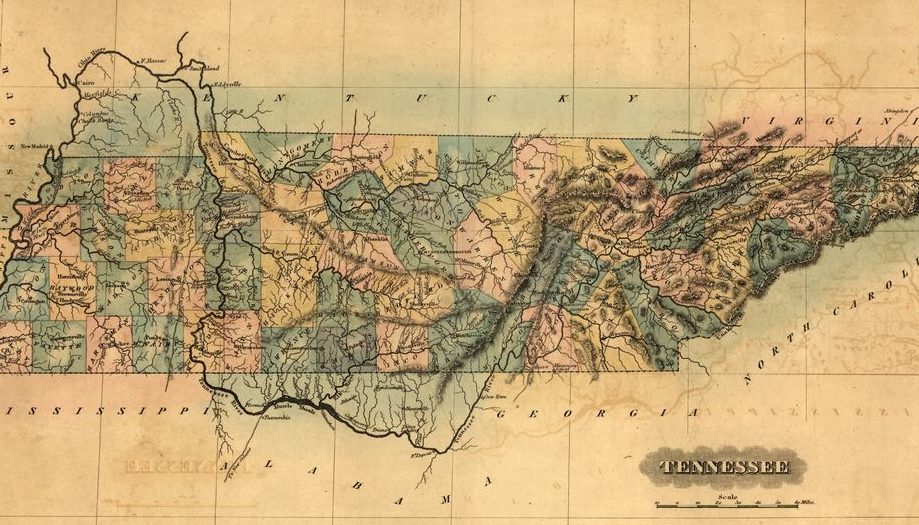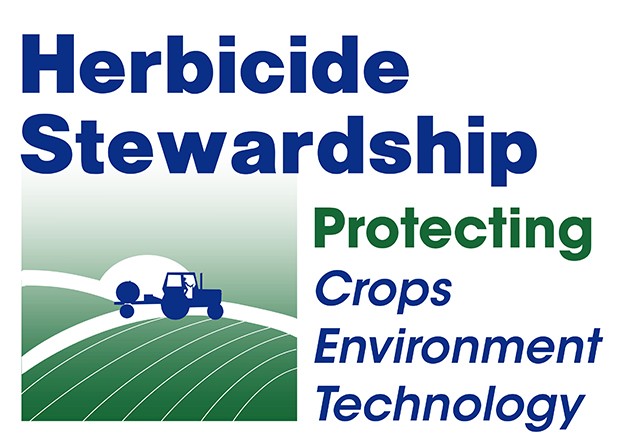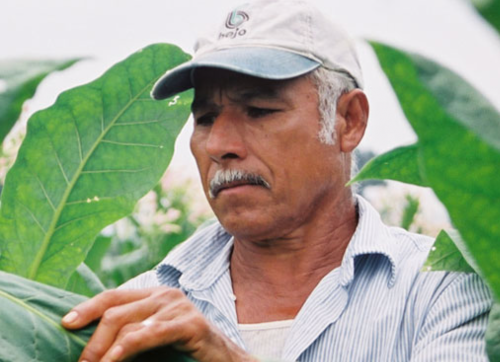Specialty Crops is an interdepartmental program at the University of Tennessee Institute of Agriculture in association with UT Extension and AgResearch.
The Department of Plant Sciences leads the agronomy program and the Department of Entomology and Plant Pathology leads the pathology program.
Mitchell Richmond, assistant professor and tobacco, hemp, and specialty crop Extension specialist, and Jensen Hayter, assistant professor with Entomology and Plant Pathology, provides outreach based on the latest scientific findings in Tennessee and the Southeastern region of the United States.
EXTENSION PUBLICATIONS

TOBACCO IN TENNESSEE
There are four major types of tobacco grown in Tennessee: Dark Fire-Cured, Dark Air-Cured, Burley, and Connecticut Broadleaf. Tobacco is a laborious crop and requires intensive management to maintain profitability, especially in premium markets such as cigar wrapper. Tobacco is seeded in the greenhouse in early spring to produce transplants that are planted, or “set,” in the field in mid to late May. Since cured leaf is the final product, the flowers are removed by hand, or “topped,” to maintain vegetative growth. The types of tobacco grown in Tennessee are stalk-harvested and placed in curing facilities. Dark tobacco types are then either fire or air-cured, whereas burley and Connecticutt broadleaf are only air-cured. After curing, the tobacco leaves are separated from the stalk by hand and prepared for the market.
OVERVIEW
Tobacco producers deal with many challenges in the recent marketing environment. These difficulties include labor challenges, declining profitability driven by increased input costs, and regulatory uncertainty. Although acreage of tobacco has declined in recent years, the overall value of production maintains around $80,000,000 annually in Tennessee. Tennessee tobacco producers will continually need to adapt while producing high quality leaf with reduced health risks and minimize input costs.
GREENHOUSE
Pythium damping-off, target spot, collar rot, and bacterial soft rot are the major diseaseS commonly found during transplant production in float systems.
FIELD
Weed control presents a costly endeavor for producers as there are limited options outside of cultural practices. There are numerous diseases found in fields of tobacco including black shank, angular leaf spot, frogeye leaf spot, target spot, fusarium wilt, bacterial soft rot, and virus diseases.
CURING
Fewer diseases are typically found during curing as compared to the field. These include house rot/barn rot and molds. Judicious management of the curing environment through ventilation and humidity control as well as proper housing techniques aid in the control of curing issues.
OVERVIEW
Our research program focuses on applied research to directly support tobacco producers and Extension. To support grower variety decisions, there are numerous variety trials for each major type of tobacco grown in Tennessee and each industrial hemp production system. In addition, there are evaluations of production practices including field preparation, labor-saving practices, topping height, harvest timings, and disease management. Our research program also focuses on harm-reduction aspects of tobacco through investigations of tobacco-specific nitrosamines.

VISIT THE HERBICIDE STEWARSHIP PAGE →
The Herbicide Stewardship Program strives to educate producers on the best management practices for herbicide use.

VISIT THE TOBACCO GOOD AGRICULTURAL PRACTICES (GAP) PAGE →
Tobacco GAP aims to ensure sustainable, economically viable production of useable, quality tobacco while protecting, sustaining, or enhancing the environment and ensuring the rights of farm laborers.
PEOPLE
FACULTY
STAFF
